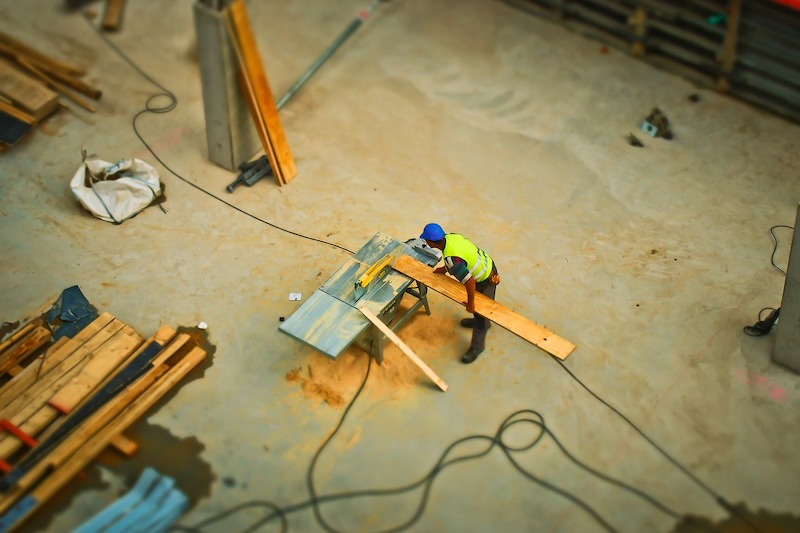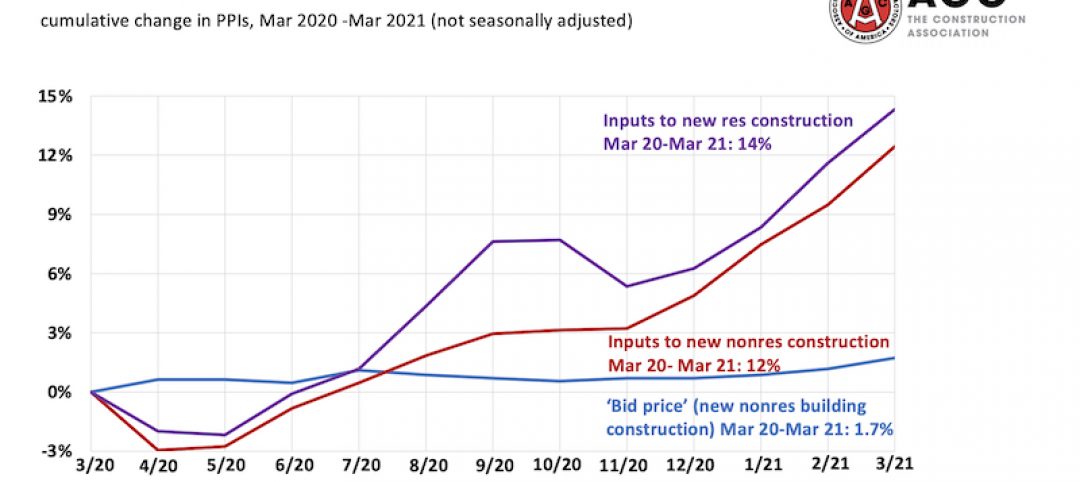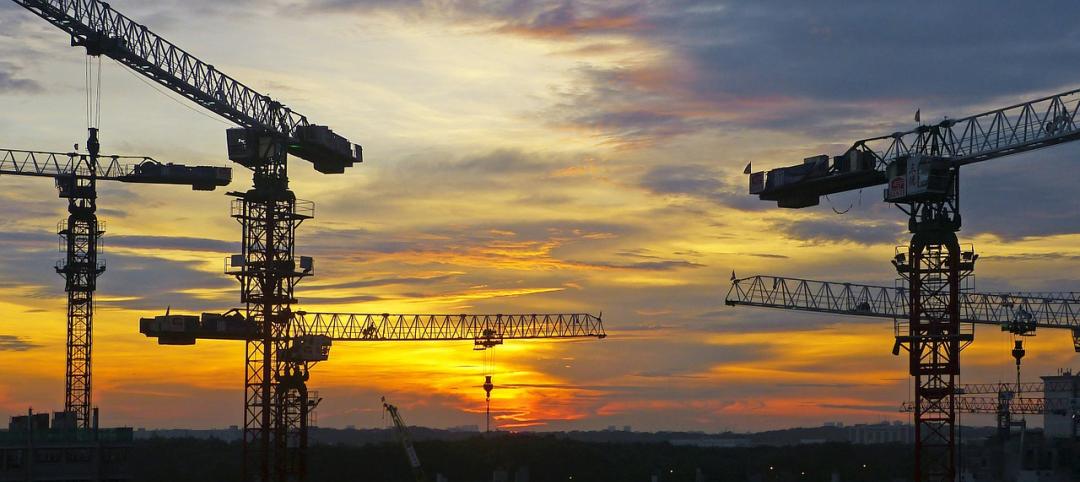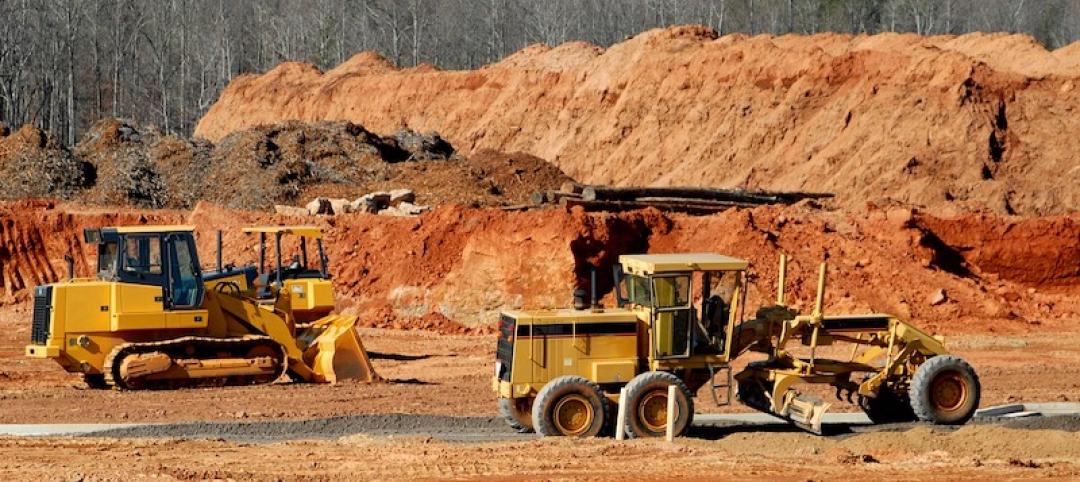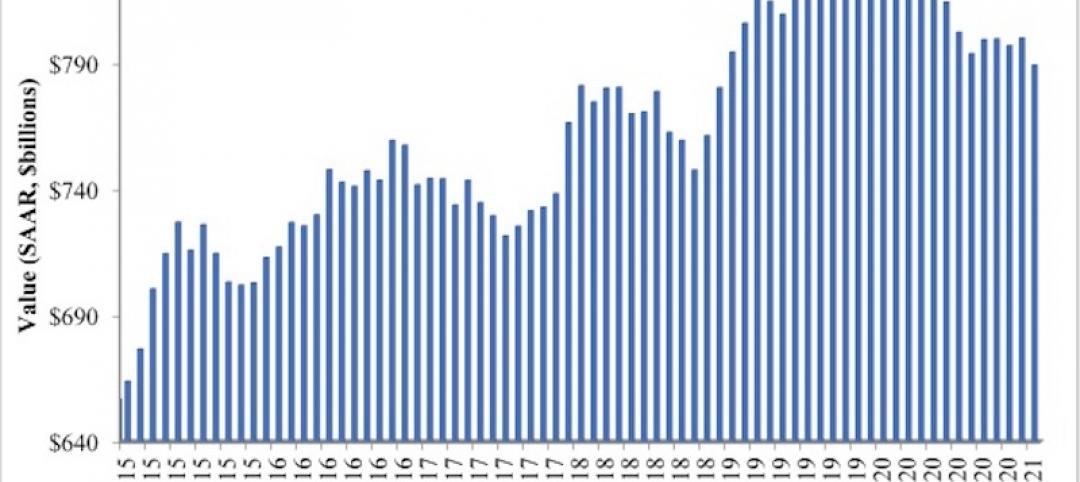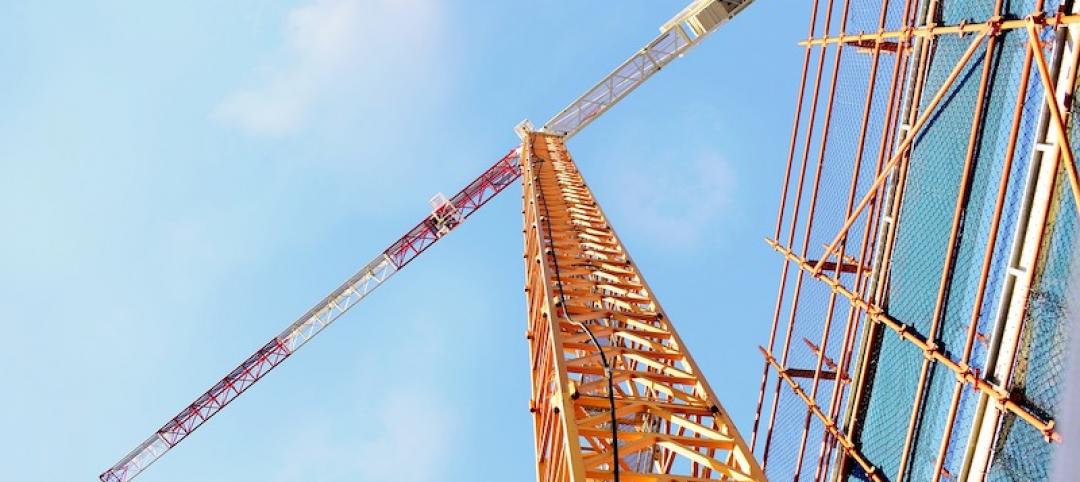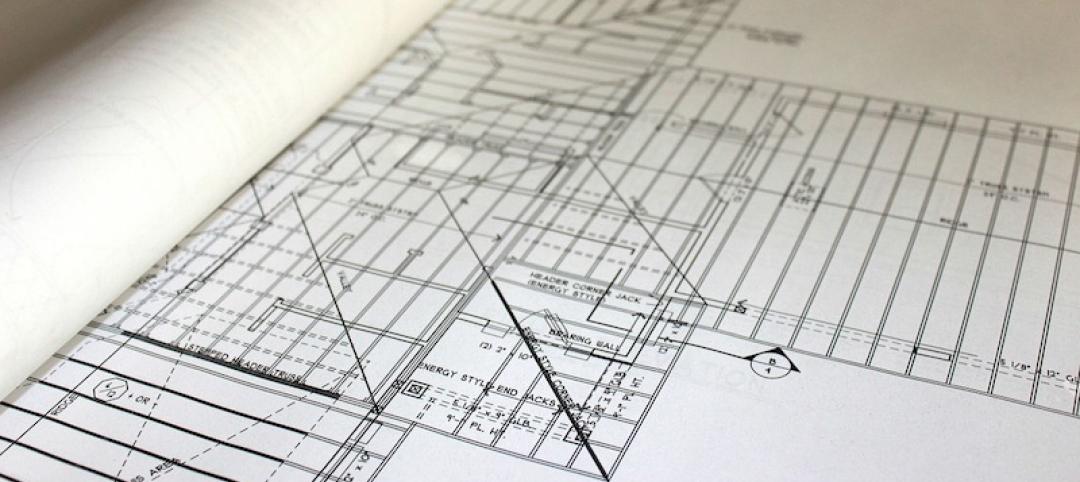Unprecedented price increases for a wide range of goods and services used in construction pushed up contractors’ costs by a devastating 26.3% from June 2020 to June 2021, according to an analysis by the Associated General Contractors of America of government data released today. Association officials cautioned that rising materials prices are making it difficult for many construction firms to benefit from the re-opening of the economy, undermining the sector’s ability to add new, high-paying jobs.
“Contractors have been pummeled in the past year by cost increases, supply shortages, and transport bottlenecks,” said Ken Simonson, the association’s chief economist. “Meanwhile, falling demand for many types of projects meant contractors could not raise bid prices enough to recoup these expenses.”
The producer price index for new nonresidential construction—a measure of what contractors say they would charge to erect five types of nonresidential buildings—rose only 3.4% over the past 12 months. That was a small fraction of the 26.3% increase in the prices that producers and service providers such as distributors and transportation firms charged for construction inputs, Simonson noted.
There were double-digit percentage increases in the selling prices of materials used in every type of construction. The producer price index for lumber and plywood doubled from June 2020 to last month, although prices for lumber have declined since the index was computed. The index for steel mill products climbed 87.5%, while the index for copper and brass mill shapes rose 61.5% and the index for aluminum mill shapes increased 33.2%. The index for plastic construction products rose 21.8%. The index for gypsum products such as wallboard climbed 18.0%. The index for prepared asphalt and tar roofing and siding products climbed 12.1%, while the index for insulation materials rose 10.1%.
In addition to increases in materials costs, transportation and fuel costs also spiked. The index for truck transportation of freight jumped 15.4%. Fuel costs, which contractors pay directly to operate their own trucks and off-road equipment, as well as through surcharges on freight deliveries, have also jumped.
Association officials urged Congress and the Biden administration to act quickly to address rising materials prices. They repeated their calls for the president to remove tariffs on key construction materials, including steel and aluminum. They also urged Washington officials to explore other short-term steps needed to improve the supply chain for key construction materials.
“Construction firms will have a hard time adding new staff while they are paying more and more for many of the products they need to build projects,” said Stephen E. Sandherr, the association’s chief executive officer. “Washington officials can take steps that are likely to have an almost immediate impact on materials prices, but they need to act.”
View producer price index data. View chart of gap between input costs and bid prices.
Related Stories
Market Data | Apr 16, 2021
Construction employment in March trails March 2020 mark in 35 states
Nonresidential projects lag despite hot homebuilding market.
Market Data | Apr 13, 2021
ABC’s Construction Backlog slips in March; Contractor optimism continues to improve
The Construction Backlog Indicator fell to 7.8 months in March.
Market Data | Apr 9, 2021
Record jump in materials prices and supply chain distributions threaten construction firms' ability to complete vital nonresidential projects
A government index that measures the selling price for goods used construction jumped 3.5% from February to March.
Contractors | Apr 9, 2021
Construction bidding activity ticks up in February
The Blue Book Network's Velocity Index measures month-to-month changes in bidding activity among construction firms across five building sectors and in all 50 states.
Industry Research | Apr 9, 2021
BD+C exclusive research: What building owners want from AEC firms
BD+C’s first-ever owners’ survey finds them focused on improving buildings’ performance for higher investment returns.
Market Data | Apr 7, 2021
Construction employment drops in 236 metro areas between February 2020 and February 2021
Houston-The Woodlands-Sugar Land and Odessa, Texas have worst 12-month employment losses.
Market Data | Apr 2, 2021
Nonresidential construction spending down 1.3% in February, says ABC
On a monthly basis, spending was down in 13 of 16 nonresidential subcategories.
Market Data | Apr 1, 2021
Construction spending slips in February
Shrinking demand, soaring costs, and supply delays threaten project completion dates and finances.
Market Data | Mar 26, 2021
Construction employment in February trails pre-pandemic level in 44 states
Soaring costs, supply-chain problems jeopardize future jobs.
Market Data | Mar 24, 2021
Architecture billings climb into positive territory after a year of monthly declines
AIA’s ABI score for February was 53.3 compared to 44.9 in January.


